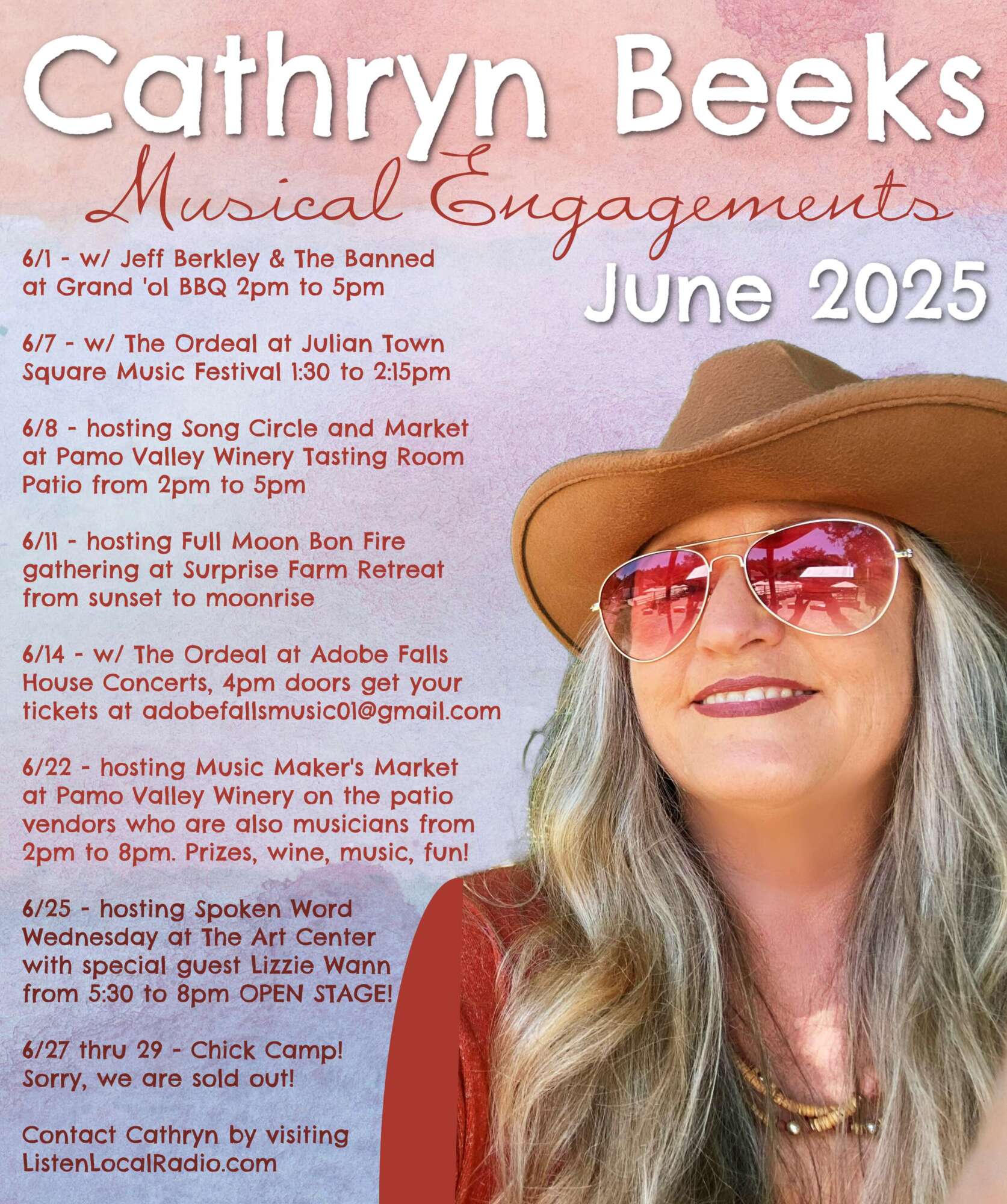Listen Local
Liz Shipton – rockin’ the boat

Hi Sweet people and welcome to June! I am super excited to share with you a story written by Liz Shipton. Remember her? She had an amazing band here in San Diego about 10 years ago called The Village Squares and an offshoot called The Away Team. I had her in my studio in Crest in 2015 for a little live streaming (before it was cool!) and I’ve always been such a huge fan of hers. Well, now we get to find out what she’s been up to since then and it’s A LOT. But, before we get to her story, here is this month’s podcast guest co hosted by Ramona and Julian’s own TYLER STAMETS. Find out all about Tyler and the big Julian Town Square Music Fest he’s producing on June 7th. Ok, dive in!
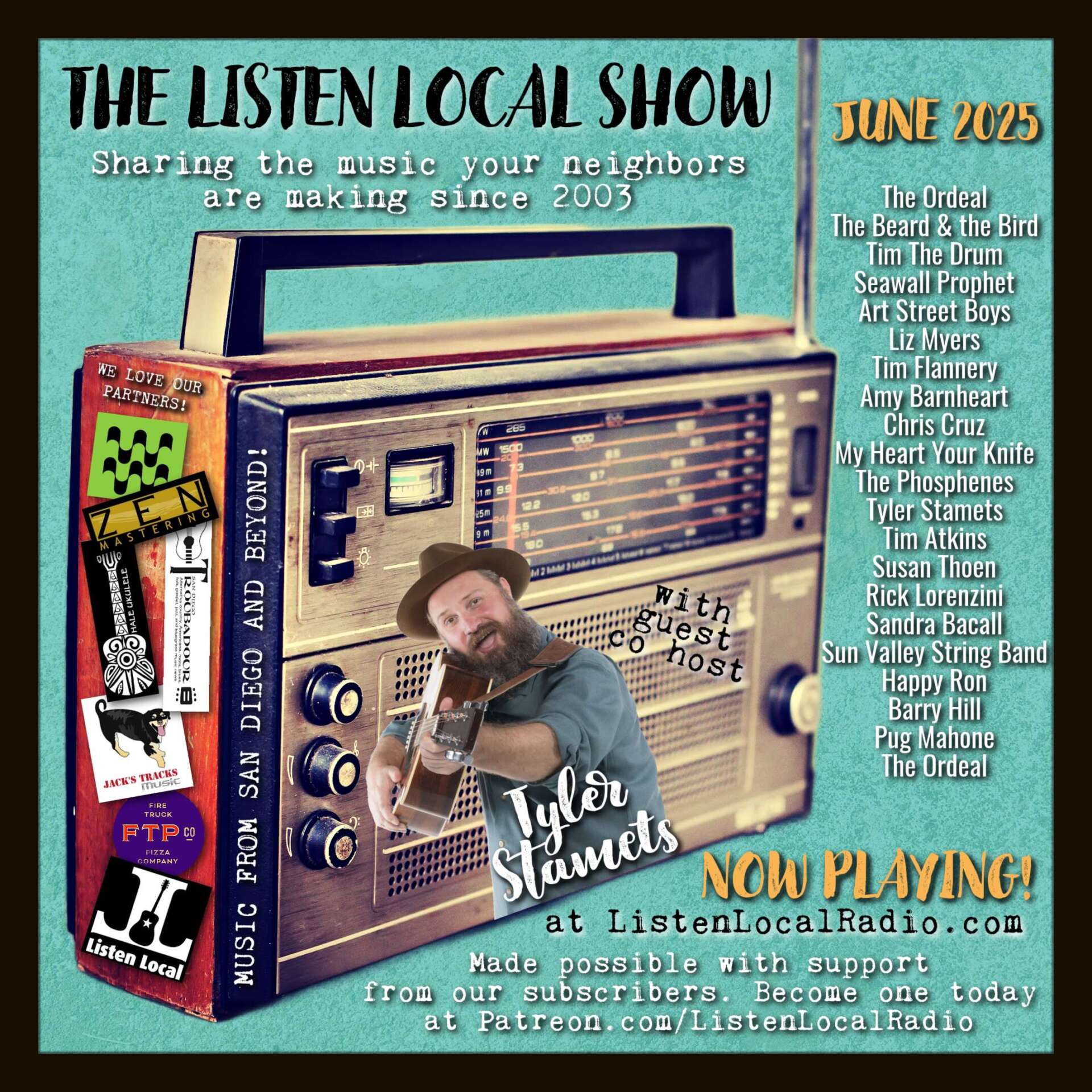
Part-Time Author / Full-Time Pirate: Building a Life as a Sea-Faring Writer
When my partner Trevor and I moved to San Diego in 2012, we had no idea that a sailing class at the Mission Bay Aquatic Center would change the course of our lives.
Over a decade later, we live in the Caribbean on our sailboat, having spent the last four years sailing from California through Mexico, Central America, and the Panama Canal. Here’s how we made it happen, and how we keep it going through the business I’m building as a fiction writer.
How It Started
In 2012 Trev and I were musicians in our early twenties, living in an apartment the size of a shoebox above RK Sushi in Hillcrest, hustling gigs for our ten-person band (okay, eleven on nights we had our extra percussionist.) We’d moved to San Diego from Santa Cruz to attend SDSU and UCSD as community college transfers.
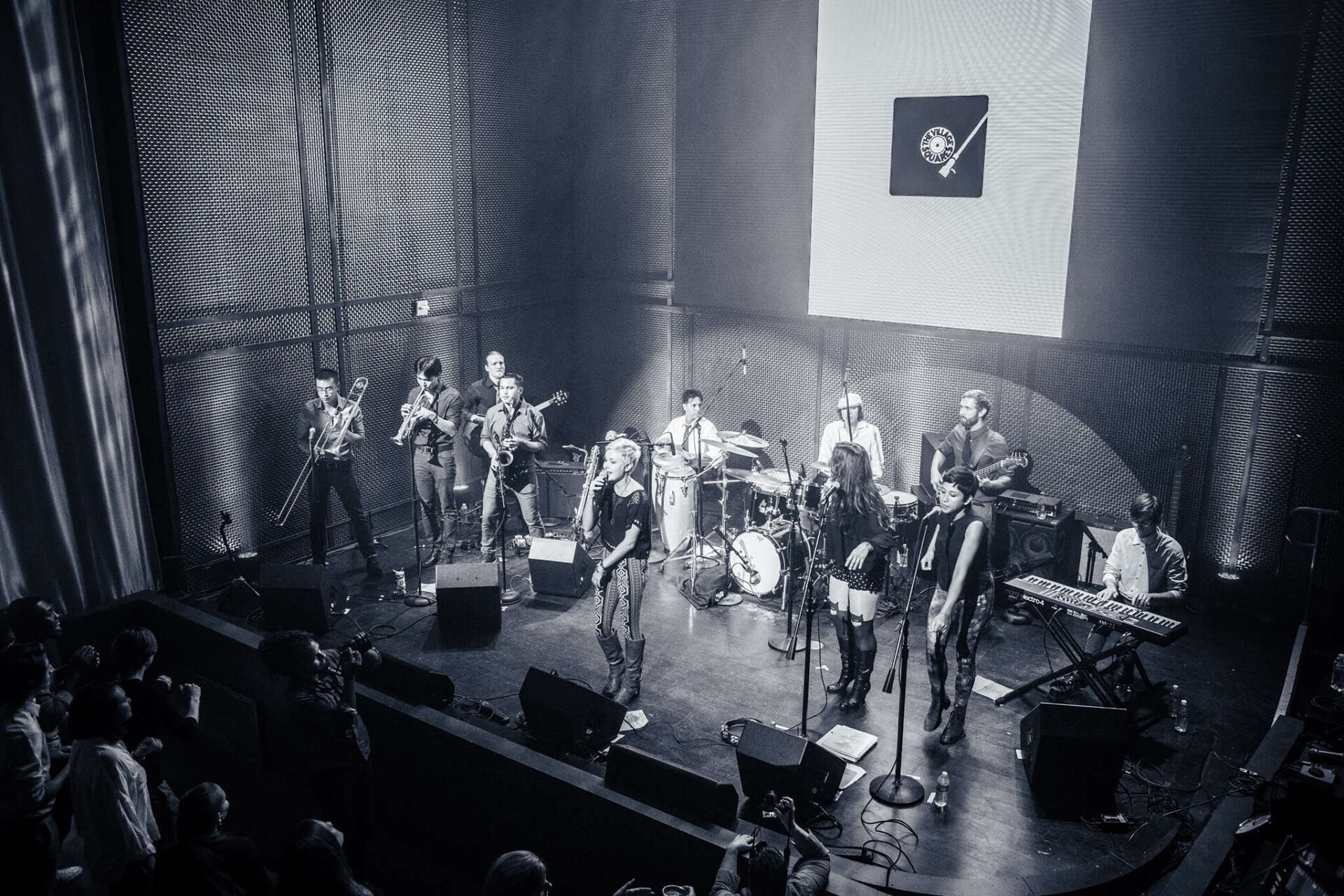
The thing about having eleven people in your band is you’re always guaranteed to have at least eleven people at your gigs, even if they are all on the stage.
Trev started sailing at MBAC through SDSU, and loved the class so much he took a job teaching there. That led to a summer skippering yachts for Yacht Week in Croatia – a job that sounded very glamorous to me, but which Trev assures me was mostly shepherding drunk Harvard alumni from one liter-sized mojito to the next.
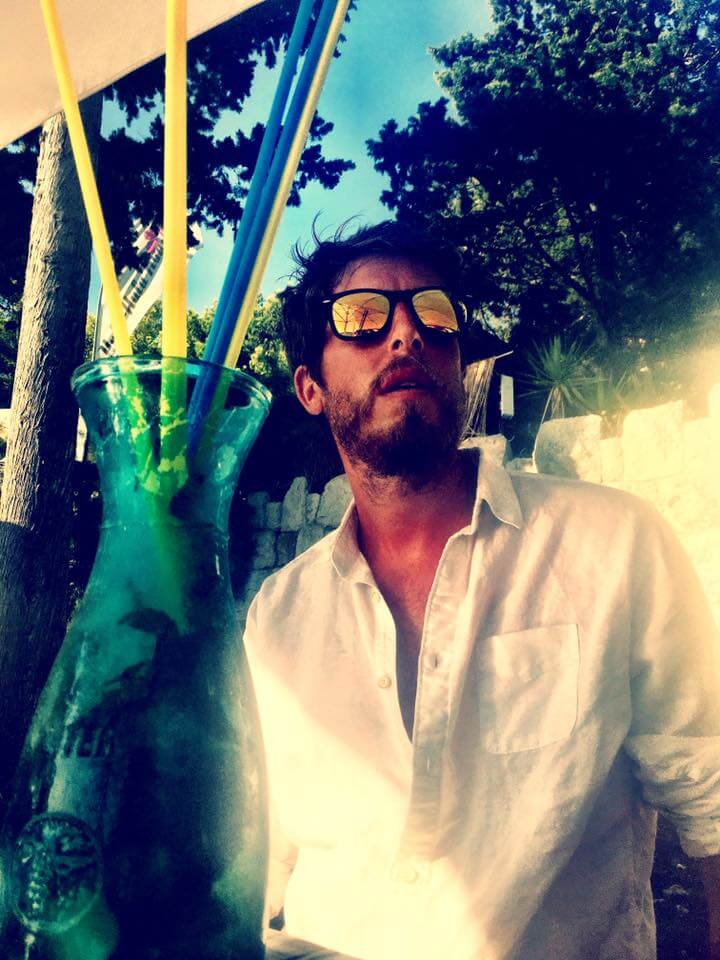
Croatia: come for the liter mojitos. Stay for the liter mojitos.
Trev fell in love with “boat life” that summer (Harvard alums notwithstanding) and the topic of a life at sea began to crop up in conversation. But it wasn’t until much later – after we’d graduated and started looking at the California housing market – that the conversation turned more serious.
Could we have afforded to buy a house? Maybe. But to what end? Working our asses off so we could spend all our money on a mortgage? It seemed bonkers. Trev loved sailing and I wanted to write, and seeing the natural world while there was still some of it left to see seemed like a good idea.
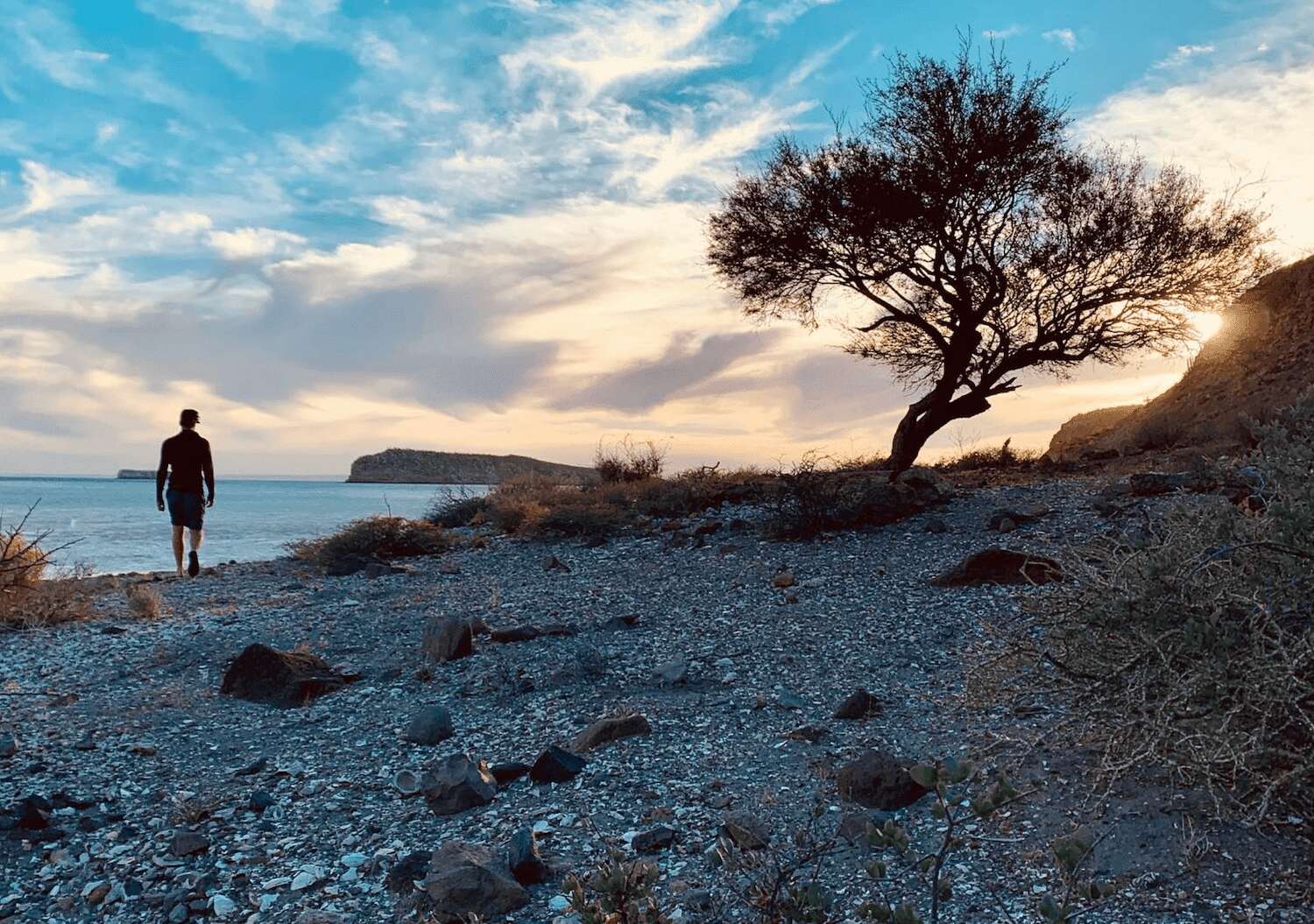
The Pacific Coast and Writing Salt
Our first step in pursuing this dream was to get “real jobs.” Boats are cheaper than houses, but the price was still out of reach for a sailing instructor and a “professional” musician. So Trev became an electrician and I taught myself to code in 2016, and we spent five years stacking as much cash as humanly possible.
We owe a tremendous thanks to Trev’s folks, who during that time rented us a tiny one-room cabin in Santa Cruz at a reasonable rate – a fact I always try to mention, because it was a big factor in allowing us to save so much.

We left Santa Cruz in September 2021 aboard Loki, a 43ft Morgan Center Cockpit sailboat that is two years older than us (1986) and headed down the coast for Baja.
By the time we reached Mexico, the money we’d put aside specifically for “the trip” was already running low (there are always more repairs than you think, and our month-long stop in San Diego probably included one too many visits to the OB Noodle House) so I started working as a freelance writer.
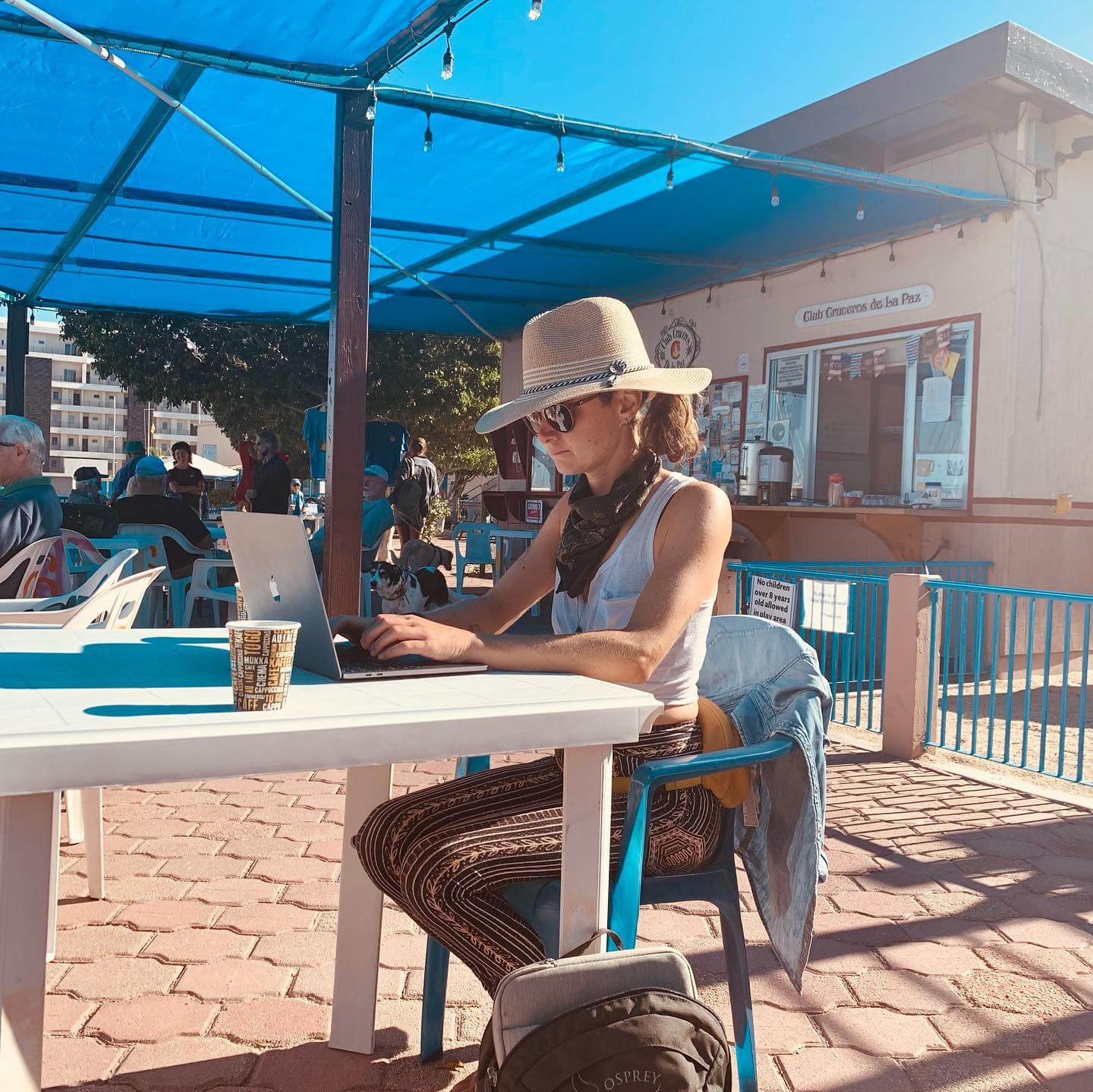
During this time, I also started writing Salt. Lack of internet forced us to find ways to occupy ourselves, and I had always wanted to write. I wrote much of the book on my phone between the hours of 2 and 6 AM while sitting on night watch during long passages.
Baja is a special place. Parts of it are so remote that the only way to get water is by hitching a ride in the back of a local’s truck with your 10-gallon jugs. I remember buying eggs from a woman in her dressing gown – standing in her living room while she shuffled to the kitchen in her slippers and returned with two in a plastic bag.
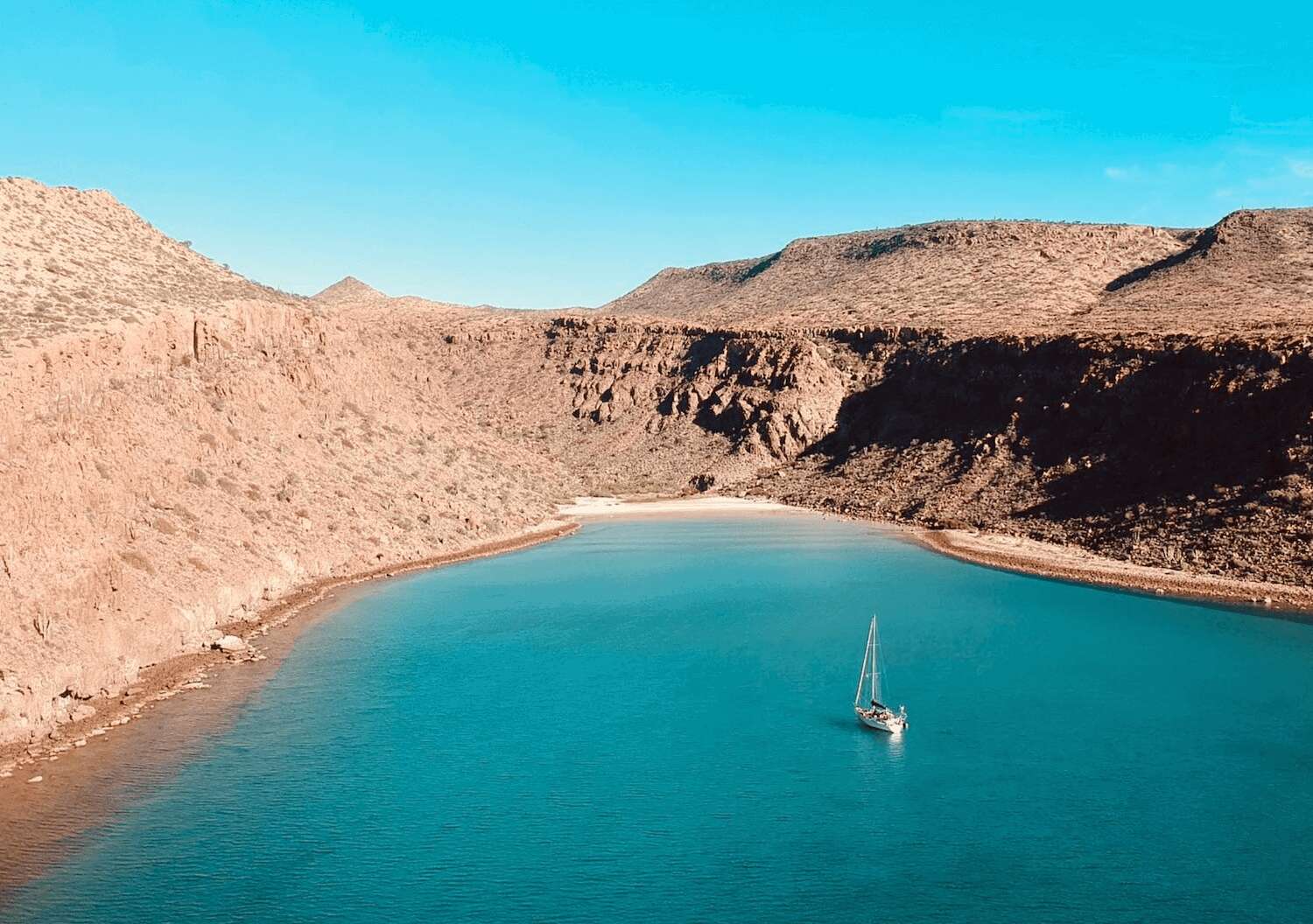
Many places in Mexico made their way into Salt, along with our dog, our arguments, our nervousness about the trip, and a lot of silly fictional stuff like pirates, the apocalypse, and biotech that makes you teleport when drunk (it’s a weird book.)
Central America, Booktok and the Rest of the Thalassic Series
By the time we were south of Mexico and heading into places like Honduras, Nicaragua, Costa Rica, and Panama, Salt had turned into a self-published “indie” series called The Thalassic Series, and I had joined BookTok.
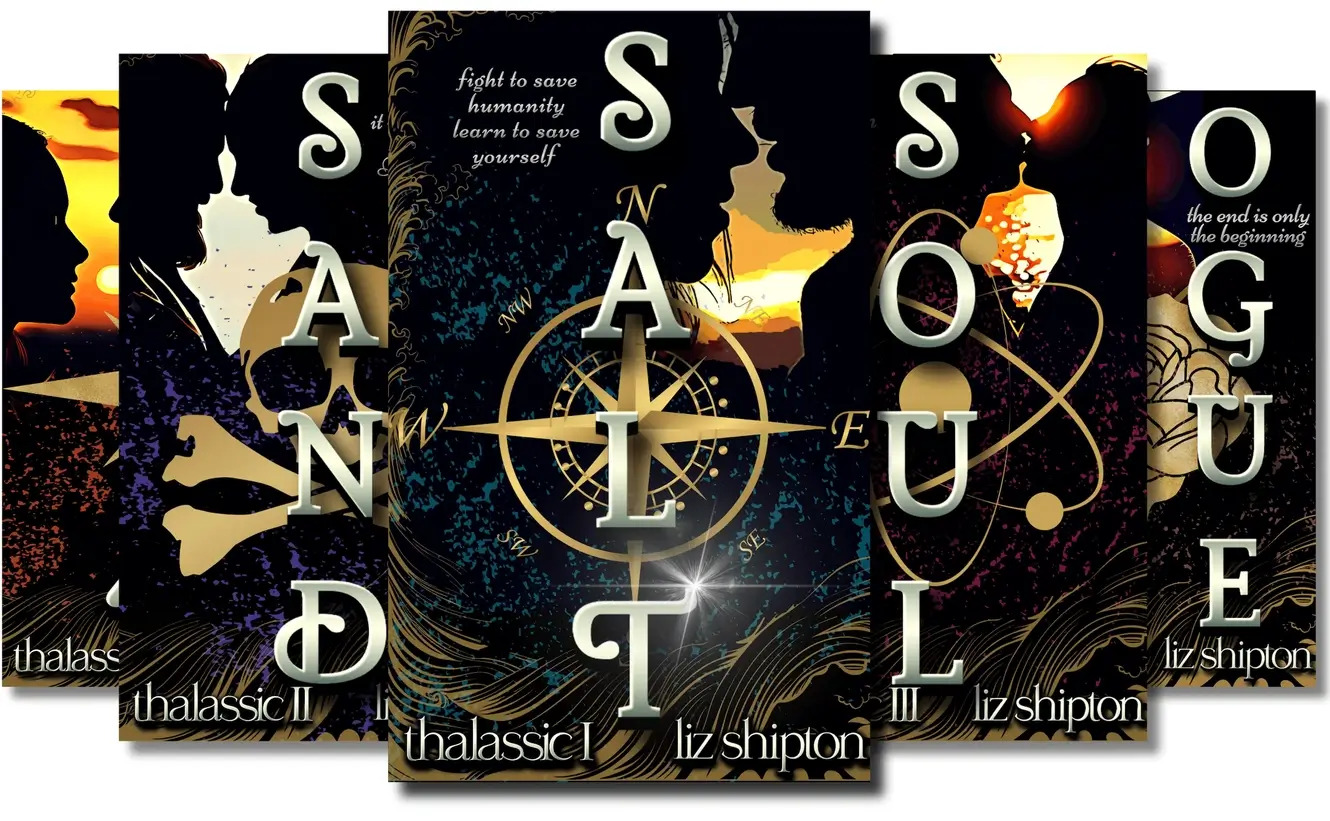
“BookTok” is the name given to the community on TikTok where readers congregate. These readers are primarily women who read romance.
BookTok was a game-changer, in ways both good and bad. On the one hand, I wouldn’t be able to support us without it. On the other, when we were anchored at the edge of the lush Costa Rican jungle, completely alone but for the parrots flying overhead, I was busily posting stupid little videos to TikTok. Like, a lot of stupid little videos. Three times a day. Every. Day.

I have pretty negative feelings about social media in general, and mixed feelings about BookTok. But I can’t overstate the impact it has had on my work. Discovering the BookTok market steered me into writing romance, which helped me find an audience for my indie books, and my viral videos are what landed me my agent and my first publishing deal.
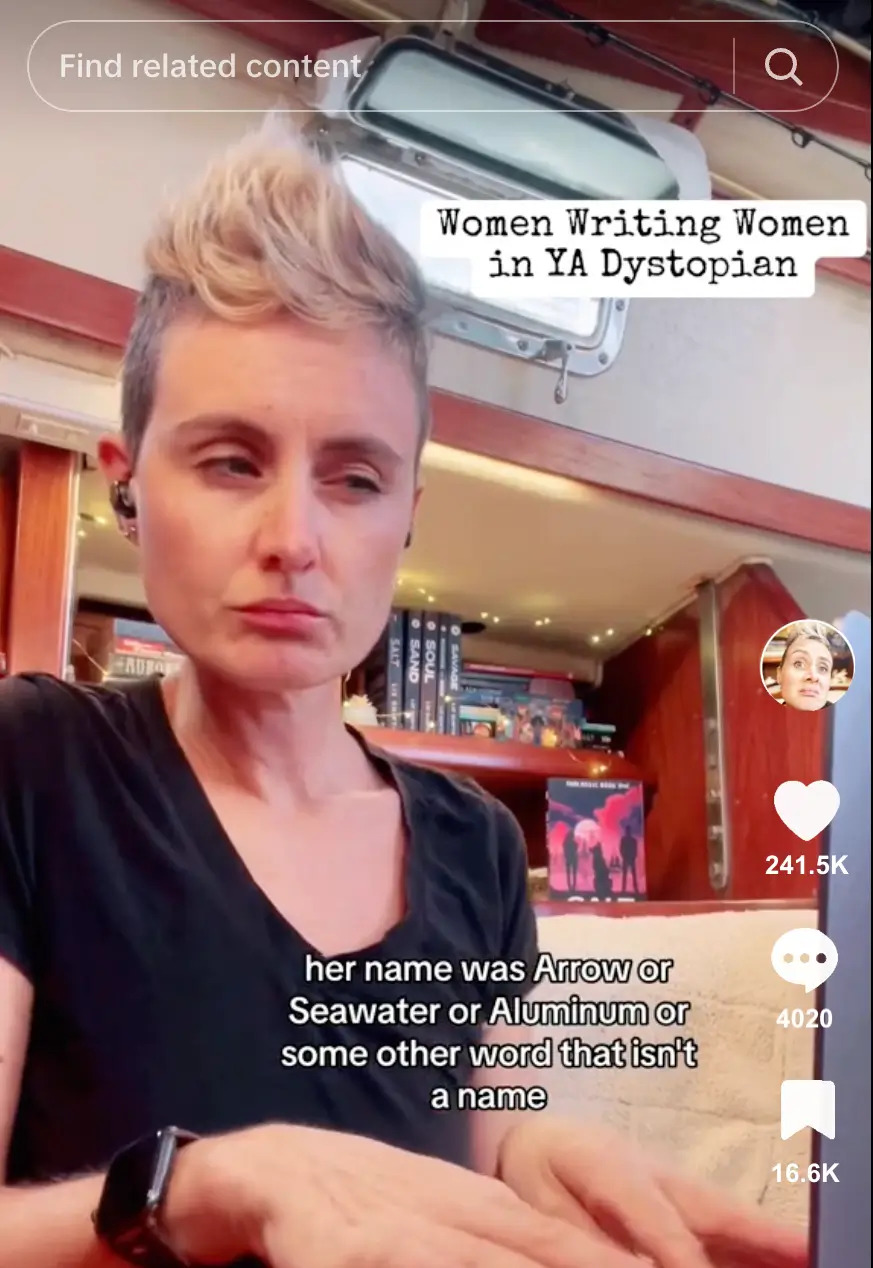
I fear these dumb comedy videos, and not my books, may in fact be my legacy.
The Caribbean, Going Viral and My First Book Deal
In 2023 we came through the Panama Canal to the Caribbean. We spent time in the stunning islands of San Blas (a location straight out of Pirates of the Caribbean) where the Kuna people sell you tapestries and produce from their canoes. We then headed to Cartagena in Colombia to wait out hurricane season that summer.

It was around that time I hit on a video formula that went viral on Booktok, which led to sales of The Thalassic Series taking off a bit, and got me noticed by my agent. I signed with her at the end of 2023, and by early 2024 had a book deal with Angry Robot Books in the UK for my first traditionally (“trad”) published fantasy novel: Dot Slash Magic.
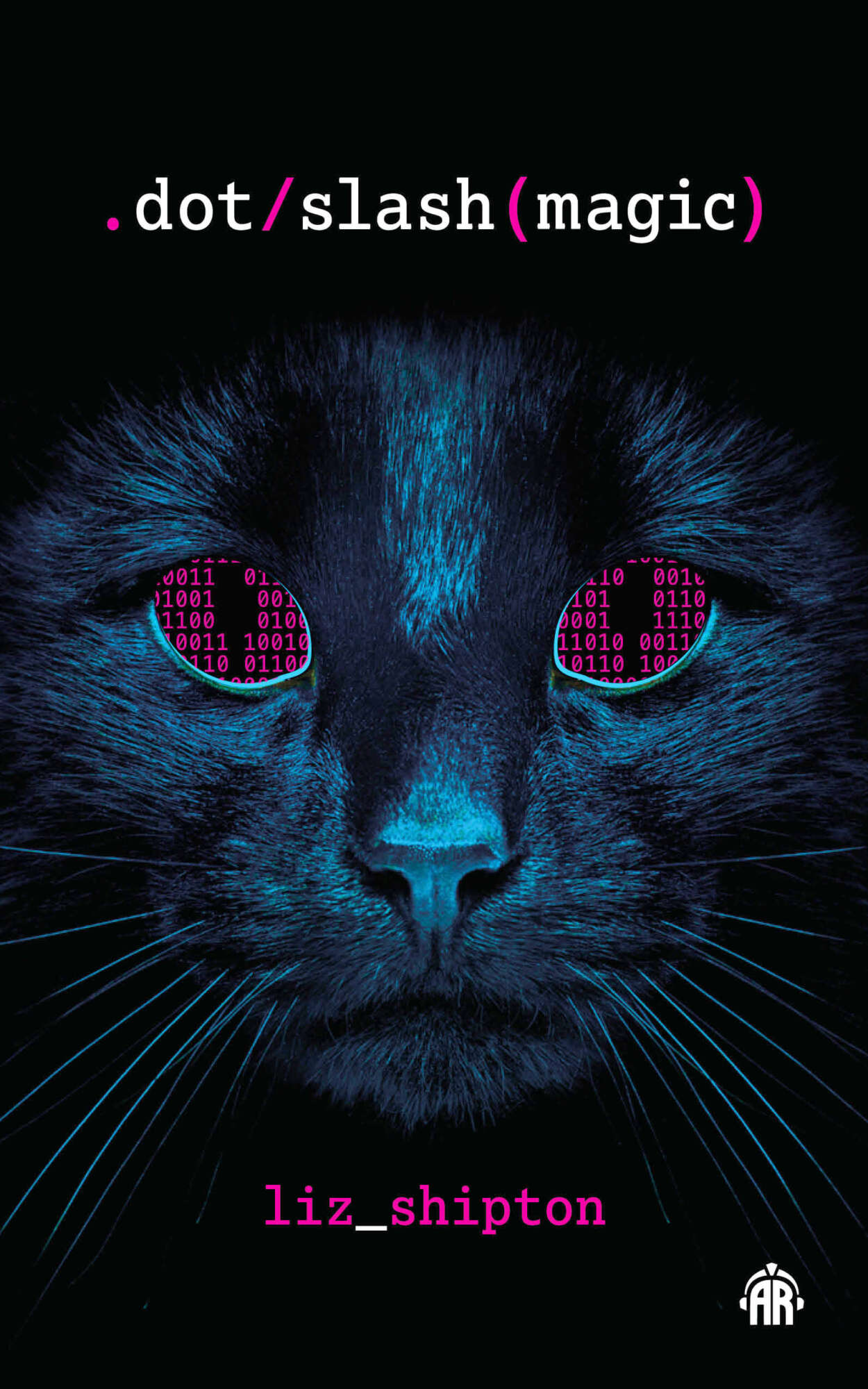
Dot Slash Magic is an urban fantasy about a coder in her mid-twenties who discovers an underground magical society at San Diego City College, then accidentally invents AI powered by sorcery. Coming August 19th from Angry Robot Books.
Kickstarter, Patreon, and the Business of Being an Author
Landing a book deal is by no means a guarantee of success. In fact, most authors earning a living from their writing these days are self-published “indies”, who leverage social media, Patreon, Kickstarter, and Amazon to make far more money than they would on advances and royalty splits with publishers. I actually made double on an indie book I launched via Kickstarter in April than I did on the advance for my publishing deal last year. (I’m pursuing a “hybrid” route, meaning I’ll continue to self-publish while also pitching manuscripts to publishers through my agent.)
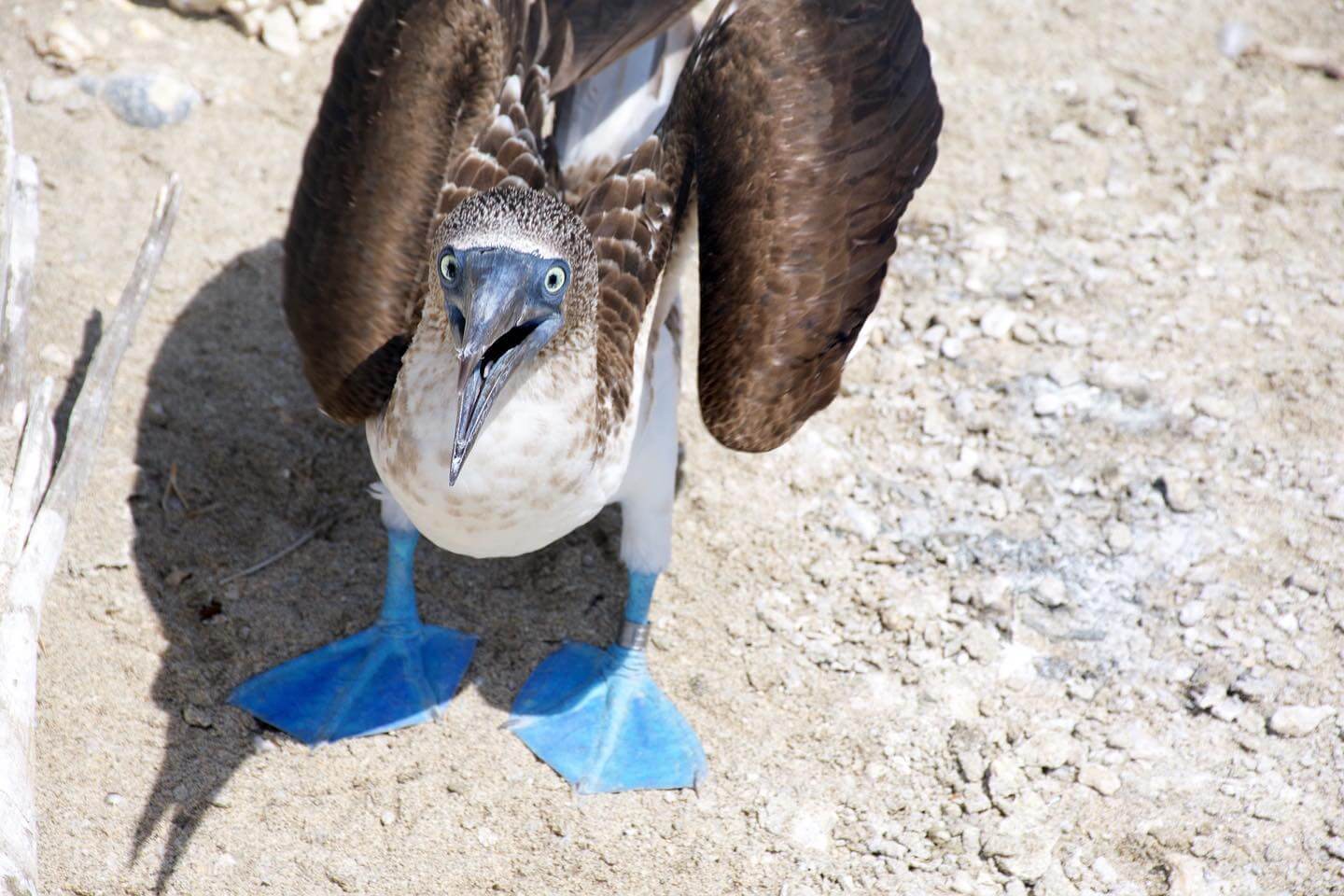
Blue-footed boobie on Isla Isabel in Mexico
There are arguments to be made for and against both approaches. The world of traditional publishing has major problems that are too complex to get into here, but I don’t necessarily think the indie publishing explosion has solved these problems.
No matter which route you pursue, being an author these days means running a small business. Even if you have a publisher, you’re expected to do a lot of promoting, and will have to do things like hassle your publisher to make sure they don’t forget about you, pay for your own book tour, if you want one, and reach out to the media on your own behalf.
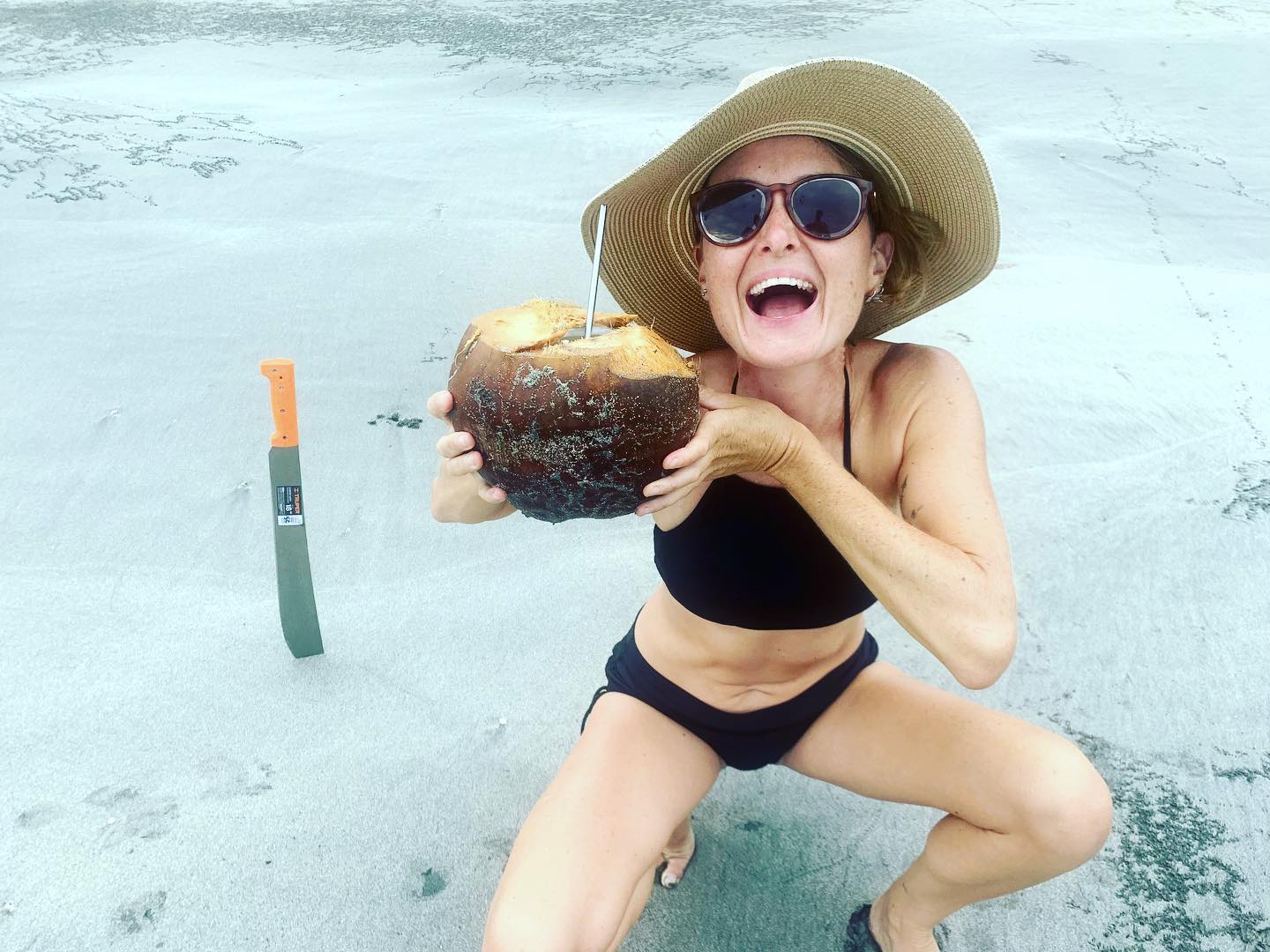
Like I’m shamelessly doing now!
If you’re an indie, writing the books is just the tip of an admin iceberg that includes managing multiple social media accounts, planning and executing months-long Kickstarter campaigns, running a mailing list, creating Patreon content, building a website and online shop, trawling through the minutia of international shipping regulations, navigating VAT and US sales tax (a literal nightmare), learning how to run online ads, commissioning artwork and covers, editing and much, much, much more.
And at the end of all that? You might make enough to call it a decent side-hustle.
Life at Sea and Making it Work
So to be clear: I’m not making a fortune out here. But the beauty of sailboat life is you don’t need a fortune to get by. One of my main motivations for pursuing this way of life was that I knew the overhead cost would be low enough to allow me the freedom to pursue creative work.

Loki anchored in Islas Secas, Panama
We anchor for free in some of the most beautiful places in the world. We have no rent, mortgage, car expenses, or health insurance (medical costs are much lower down here.) We generate our own power from solar, and use the wind as much as possible to get where we’re going. Our primary expenses are groceries, boat maintenance, the occasional dinner out, and our dog. Life is simple. I work a lot, but it’s work I love.
It’s not a permanent vacation. There are days I wonder why we’re even doing it. I haven’t been inside a real shower for I don’t know how long (I shower! I just do it outside, hanging off the back of the boat) and in July of last year, despite taking every precaution, we got hit by the unprecedented hurricane Beryl, and could have lost everything.
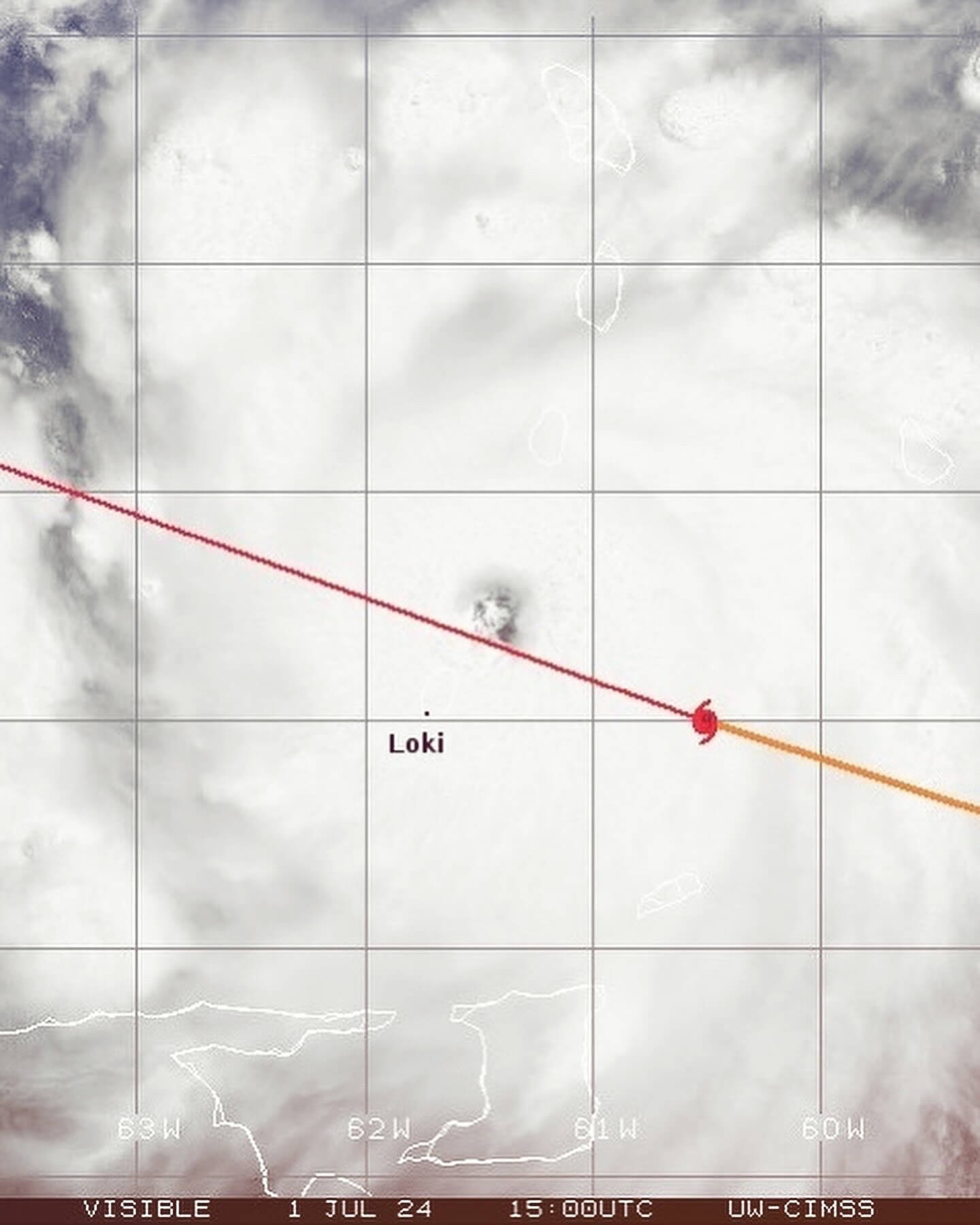
Satellite shot of Loki in Grenada during hurricane Beryl. Grenada is typically considered to be safe from hurricanes, which is why we were there. We were lucky to be at the south end of the island, where the damage wasn’t bad.
Then there are the unique challenges of running an author business from a boat in the Caribbean. This year, we’ve had to sail to two different islands cobbling together my first Kickstarter – it’s tricky just to get copies of my own books shipped to me, let alone ship things out to readers. I also miss out on things like conferences and in-person events, because the flights are usually just too costly.
But being an artist means being creative about your lifestyle, and living here means I get to support us almost wholly from my art (I still freelance, but am hoping to wrap that up in 2026!) I’m asking “How can I make my lifestyle support my art?” rather than “How can I make my art support my lifestyle?”
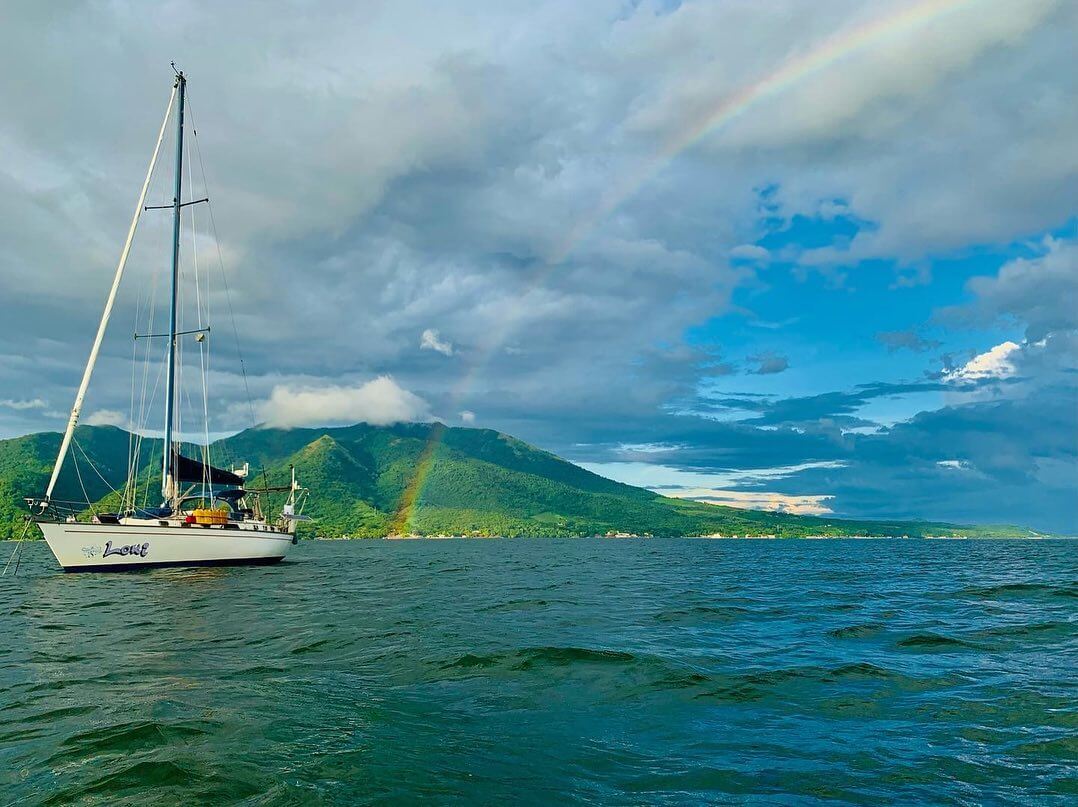
Where Next?
To be honest, we’re not sure! We’ll be in the Caribbean until the end of the year, then we may be heading back to the Pacific Coast. We’d love to make it to Europe, and to New Zealand and Thailand, but probably won’t attempt a major ocean crossing like that while our dog Aloy is still with us (it’s a long sail for her.)
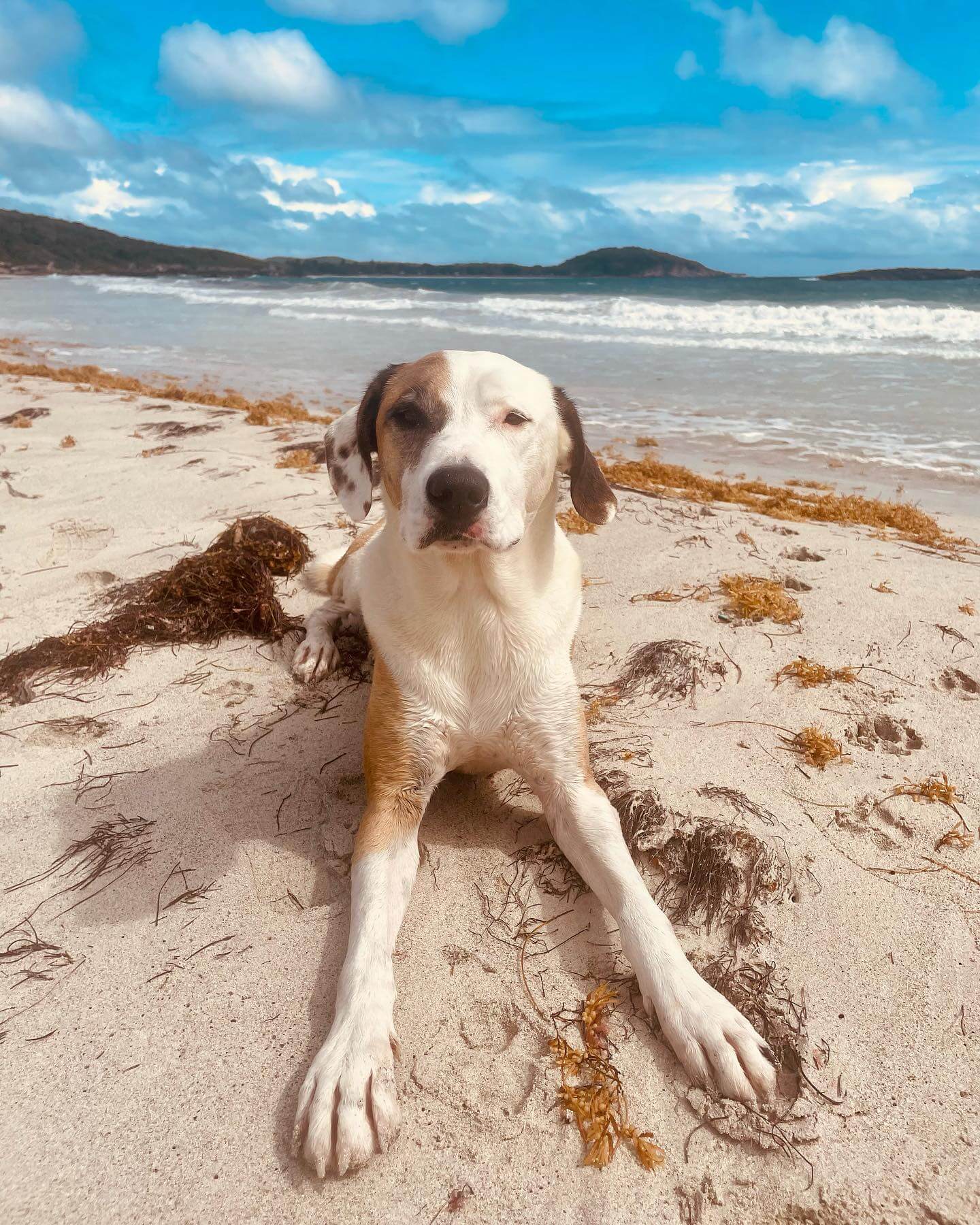
For now, we’re putting work ahead of adventure and trying to scale the writer business. Dot Slash Magic comes out August 19th, and my next Kickstarter – for a special edition omnibus collection of the Thalassic Series – launches at the end of this year. My agent is also pitching my latest manuscript, Mother & Slaughter to Big Five publishers, so there are lots of exciting things in the works!
About the Author
Liz Shipton is a freelance writer, author, and full-time, off-grid liveaboard sailor. She’s currently sailing around the Americas with her partner Trev and her dog Aloy, turning her real-life adventures into speculative fiction.
Follow her:
https://instagram.com/lizshiptonauthor
https://tiktok.com/@lizshiptonauthor
https://facebook.com/lizshiptonauthor

